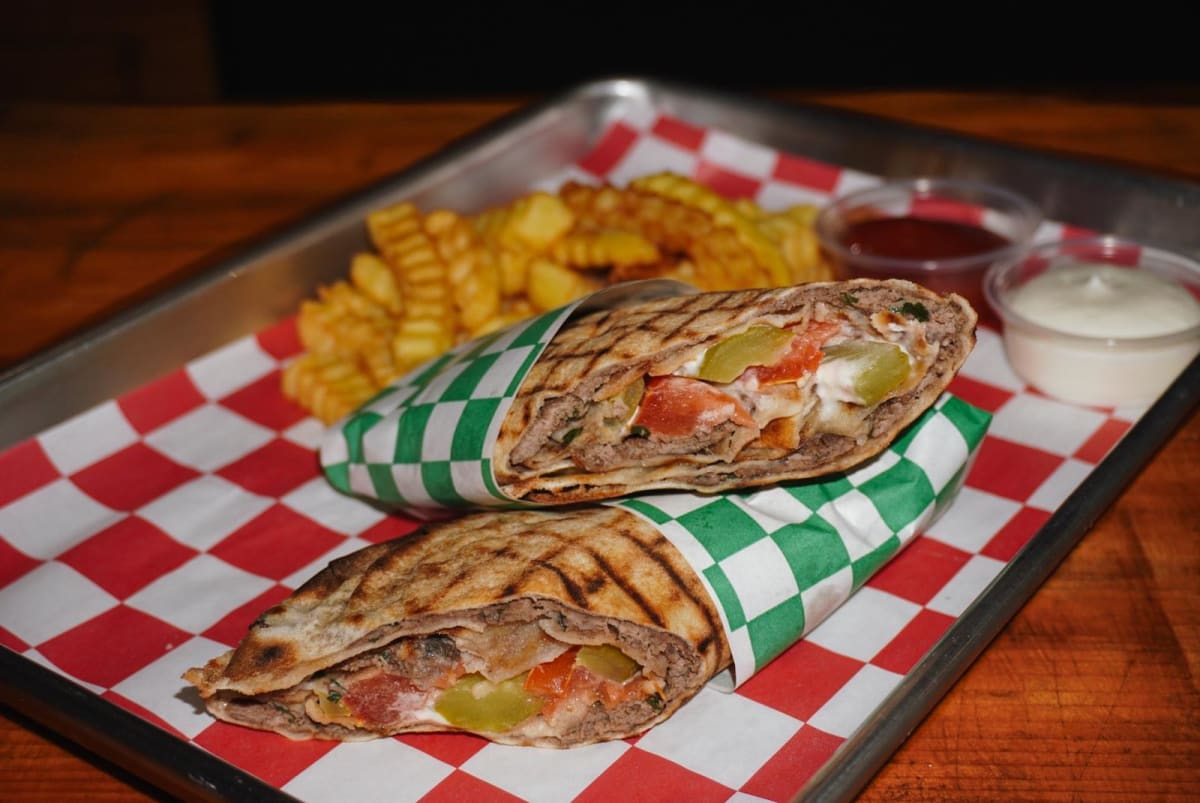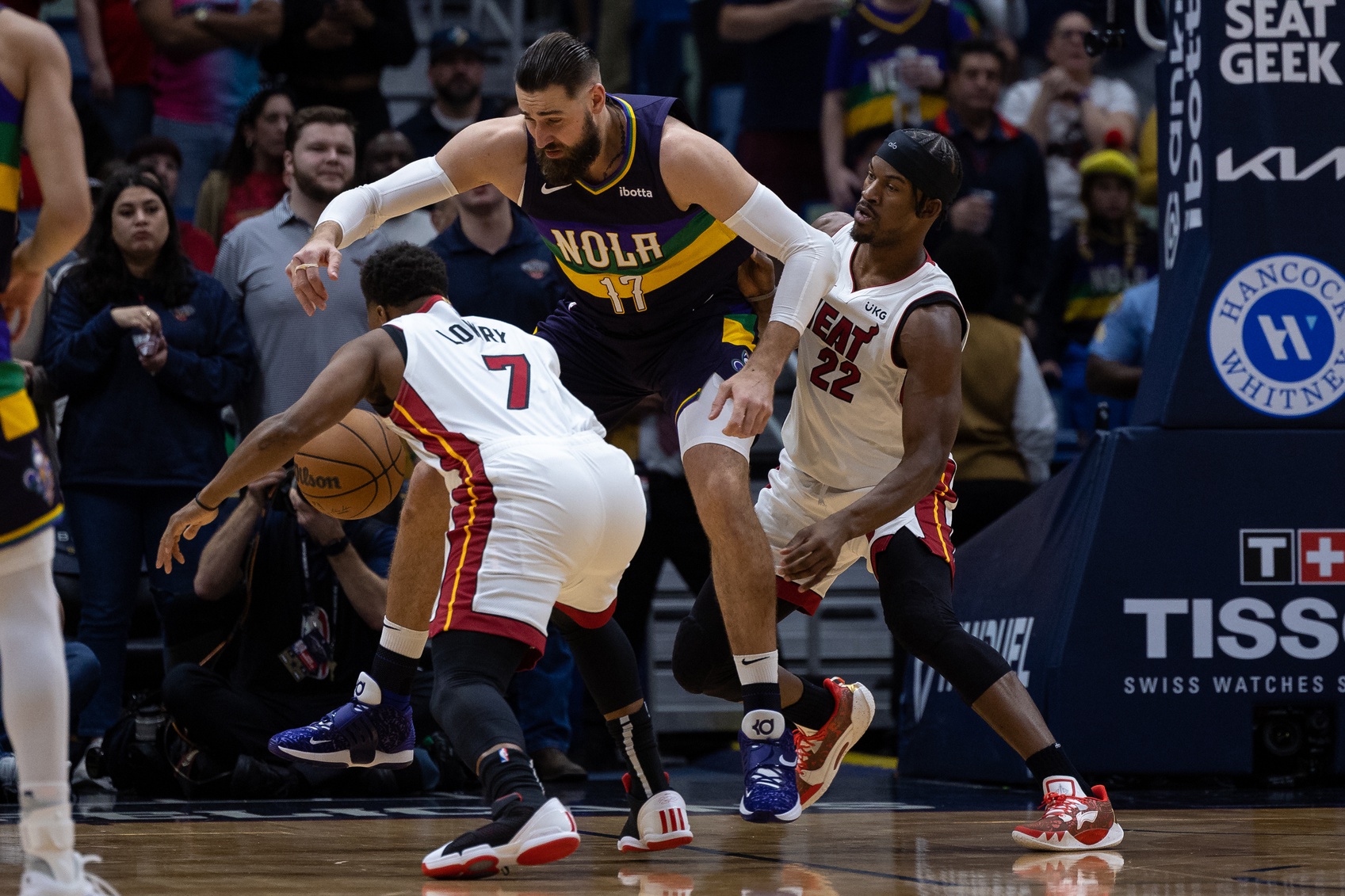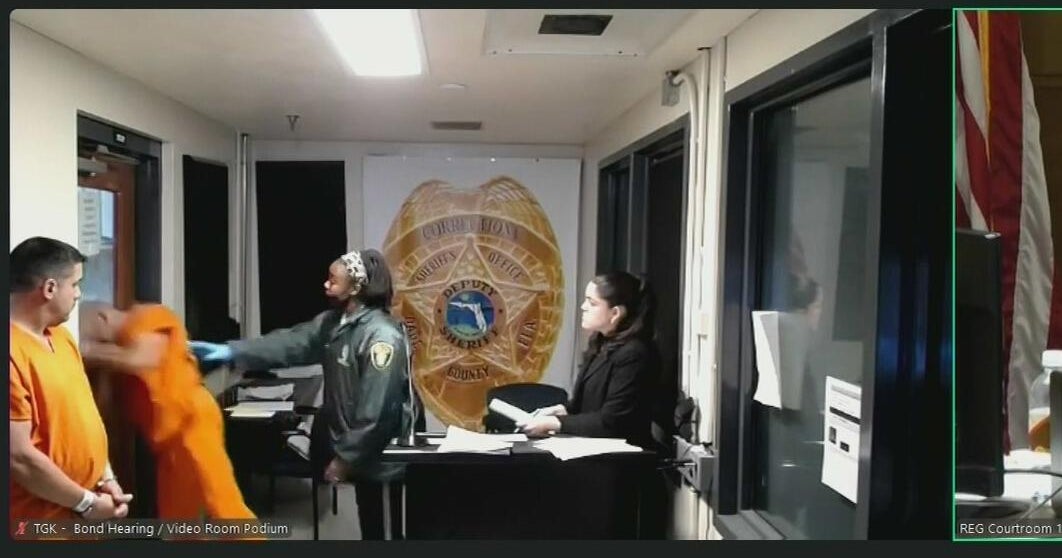Boston Celtics Beat Miami Heat in Game 7 for Trip to N.B.A. Finals
MIAMI — For the Boston Celtics, winning the Eastern Conference finals is nothing new. Making it to the N.B.A. finals, which the franchise has now done 22 times, is nothing to celebrate much. The Celtics don’t hang those banners, they like to say. There isn’t room among the 17 in the rafters for winning N.B.A. championships.
But it was new for the players who made this Eastern Conference championship happen.
A pair of stars in their mid-20s, Jaylen Brown and Jayson Tatum, had each made it to the conference finals multiple times, but no further until Sunday. The Celtics beat the Miami Heat, 100-96, in Game 7 to win the East and will face Golden State in the N.B.A. finals starting Thursday in San Francisco. A 15-year N.B.A. veteran in Al Horford will make his first finals appearance, with Boston. Marcus Smart, a 28-year-old defensive stalwart, is in his eighth season with the Celtics. They bounced around, bumped chests, hugged each other and screamed.
“Obviously, we know we want to win a championship, right,” Tatum said, “but to get over this hump in the fashion that we did it, obviously, we took the toughest route possible. And then to win a Game 7 to go to a championship on the road is special.”
More than four months into a remarkable turnaround, the Celtics seem determined to keep it going. Behind Tatum and Brown, Boston defeated the Heat on Sunday for a 4-3 series victory. Tatum was named the most valuable player of the Eastern Conference finals, a new honor this season. The trophy is named for the Celtics icon Larry Bird.
The Warriors, who are trying to resuscitate a dynasty that had been on hiatus, are pursuing their fourth championship in eight seasons. Golden State, the third seed in the Western Conference, will have home-court advantage over Boston, a second seed, because it had a better regular-season record, winning 53 games to Boston’s 51.
The Celtics won their last title in 2008, back when many of the best players on this year’s roster were elementary school students.
Under Ime Udoka, their first-year coach, the Celtics have already engineered a comeback story to remember. It was not until late January that they figured out how to defend, share the ball and win with any semblance of consistency.
In the postseason, the Celtics have eliminated a smorgasbord of N.B.A. luminaries and would-be contenders: the Nets, led by Kyrie Irving and Kevin Durant, in the first round; the reigning champions, the Milwaukee Bucks, in the conference semifinals; and, now, the top-seeded Heat, who, in Game 7, could not match the desperation with which they played Game 6 when they first faced elimination.
All this after the Celtics had filled the first couple of months of the regular season with some of the most unappetizing basketball on the East Coast. Forget about contending for a championship: Could they even make the playoffs? They appeared in rigorous pursuit of rock bottom.
The Celtics began to plumb the depths early, in November, when a loss to the Chicago Bulls dropped their record to 2-5 and Smart used his platform after the game to rip Tatum and Brown for hogging the ball.
“We were tested,” Brown said Sunday night. “We’ve been through a lot. We’ve learned a lot over the years, and now the stage is at its brightest. We’ve got to apply everything that we’ve learned into these moments.”
By mid-January, a loss to Philadelphia had the Celtics at 21-22, and Joel Embiid, the 76ers’ star center, described Boston as an “iso-heavy team” that was easy to defend.
Even some of Udoka’s oldest friends were questioning whether he could unlock the team’s potential. Kendrick Williams, a youth coach who helped Udoka launch an Amateur Athletic Union team in 2006, when Udoka was still patrolling N.B.A. courts as a power forward, recalled reaching out to him via text message when the Celtics were struggling.
“And he was like: ‘Man, you know I’m not panicking. You know we’re going to get it right,’” Williams said. “He was so confident, it put me at ease.”
From the start of training camp — and even during his introductory news conference last summer — Udoka emphasized the importance of ball movement. It remained one of the staples of his film sessions as the Celtics labored with growing pains, and it was a message that eventually took root.
“You start to realize how hard it is to win,” Tatum said. “You start to question yourself: Are you good enough to be that guy? But I think you just trust in yourself, trust in the work that you put in to get to this point and continue to work, and it can’t rain forever. Good days were coming.”
Before the Celtics faced the 76ers again in the middle of February, Udoka reminded his players of Embiid’s remarks. The Celtics went out and beat Philadelphia by 48 points for their ninth straight win.
But that was only one part of the Celtics’ winning formula. Led by Smart, who won the N.B.A.’s Defensive Player of the Year Award, the Celtics emerged as a ferocious group of defenders, their lineup bolstered by a pair of midseason acquisitions: Derrick White, a guard from the San Antonio Spurs, and Daniel Theis, a defense-minded center from the Houston Rockets who had started his career in Boston.
After winning 28 of their final 35 games to close out the regular season, the Celtics pulverized the Nets with a four-game sweep in the first round of the playoffs. Even before the series ended, Irving was telling reporters that the Celtics’ window was “now.” After the sweep was complete, Durant predicted that Boston had a chance “to do some big things.”
Boston and Miami traded wins over the first four games of the conference finals, then the Celtics became the first to string together two victories. Miami shot 33.3 percent in Game 4, then 31.9 percent in Game 5 — both lopsided defeats.
At that point at least one Golden State player believed he knew how the Eastern Conference finals would end. After Golden State beat Dallas in the Western Conference finals on Thursday, forward Draymond Green said during an appearance on TNT’s postgame show that he expected to play the Celtics in the N.B.A. finals.
Instead, the Heat, and Butler in particular, refused to concede.
With their season on the line in Game 6, Butler scored 47 points on the road in Boston, forcing a winner-takes-all Game 7 in Miami.
Boston opened Game 7 on a 9-1 run, and Miami spent the rest of the game trying to catch up.
After one quarter, the Celtics led by 15 points, and had held Miami to 17 points, 6 of them by Butler. When the Heat pushed back, it was largely because of him. He scored 18 points in the second quarter and helped the Heat cut their deficit to just 6 at halftime.
They got even closer at the start of the fourth, when two quick Heat baskets made the score 82-79. But then Boston’s defense forced Miami to go nearly five minutes of playing time without scoring.
Butler played in every second of the decisive game and gave the Heat one final chance. With 16.6 seconds remaining in the game, and Boston up by 2, Butler pulled up for a 3-pointer. Having fallen victim to Butler’s heroics in the past, the Celtics held their breath.
“I was like, ‘Man, what the hell,’” Brown said.
“Not again,” Smart said he thought in that moment.
Butler’s shot didn’t fall. He finished the game with 35 points.
Had the Heat won, it would have been the second time in the three years since Butler came to Miami that the Heat had made the N.B.A. finals. Butler said after the game that he didn’t know he had played all 48 minutes.
“I feel like with every second I did play, I should have done more, could’ve done better to turn this into a win,” he said.
The Celtics’ players and coaches ran toward each other as the final buzzer sounded, then swirled around the middle of the court jubilantly.
Horford fell to his knees and hit the ground with his hands.
“I didn’t know how to act,” he said later, then turned to Brown, 10 years his junior, and giggled.
The Celtics fans who remained in the crowd made their way to the lower bowl for the muted conference championship celebration that always comes when a team wins it on the road. Chants of “let’s go Celtics” rang out in the emptying arena, sometimes with players on the court acting like orchestra conductors directing the chorus.
Tatum cradled his Larry Bird trophy and lifted it in the air as he walked toward the tunnel off the court, while fans reached to try to touch it.
“You can’t help but smile and enjoy the moment out there on the court,” Udoka said. “It’s kind of forced upon you, seeing the joy with the players. And it’s all about those guys.”
He had already started thinking about what awaited them in San Francisco.



